| A | B |
|---|
| environment | Native cultures were based on this (so were the economies of the colonies!) |
land bridge, 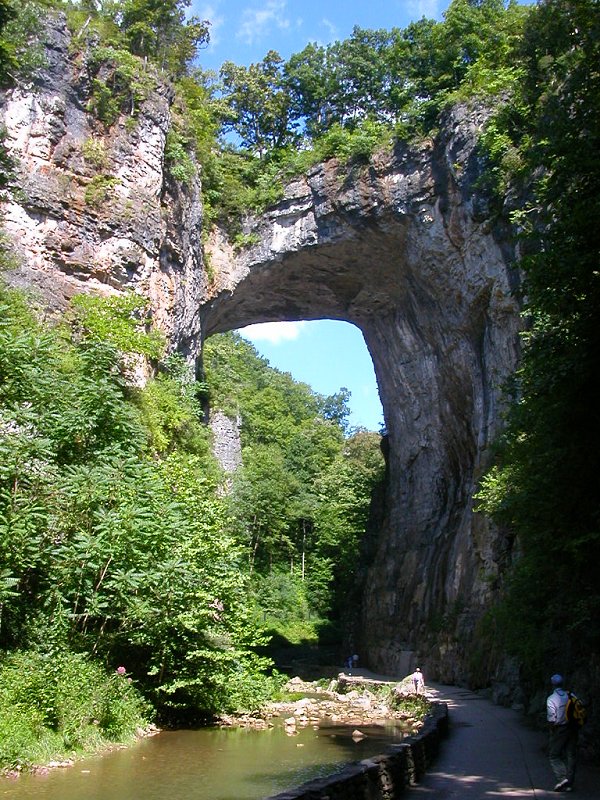 | the first people came to America following animals over this |
| god gold and glory | The reasons Europeans explored |
Christopher Columbus, 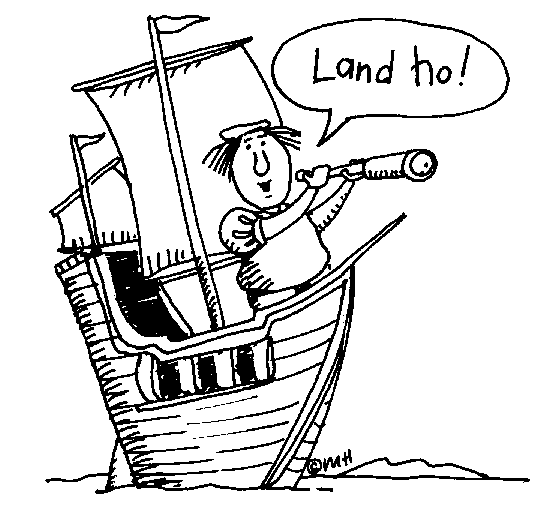 | The European who discovered America |
Columbian Exchange,  | Trading of goods, ideas, and diseases between East and West |
| religion | Why the first English settlers came to the North |
| money | Why the first English settlers came to the South |
plantation slavery, 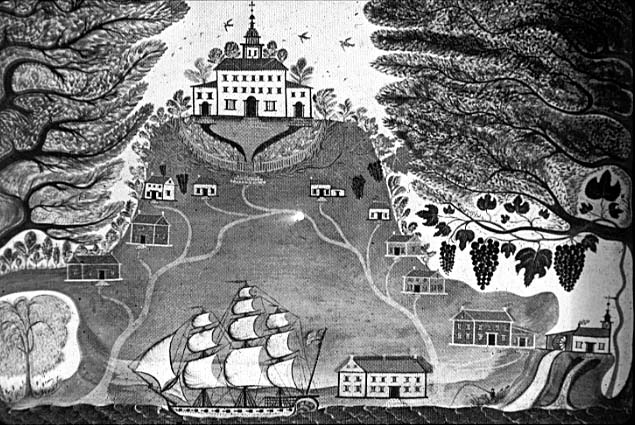 | The Southern Colonies Economy |
industry and manufacturing, 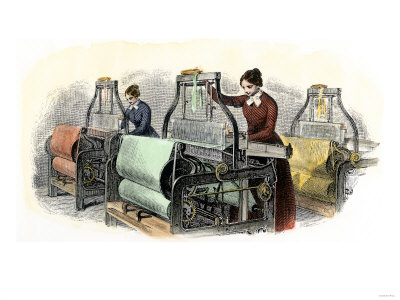 | The economy of the Northern Colonies |
cash crops, 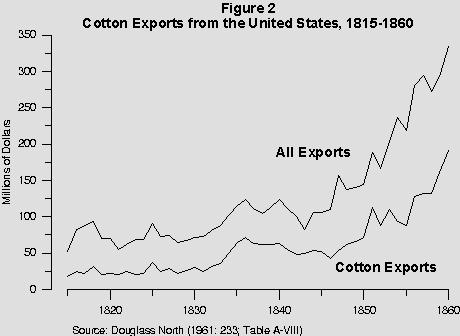 | Sold for cash at market (like cotton, rice, indigo, etc) |
French and Indian War, 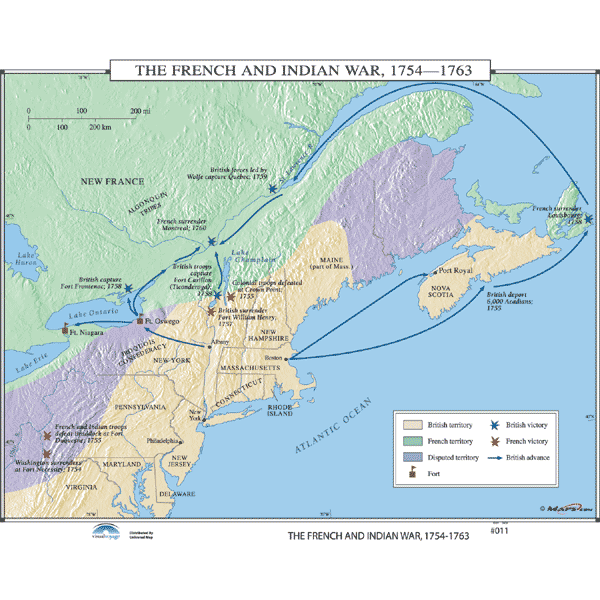 | France and their Indian allies fought against the Americans, the British, and their Indian allies over the Ohio River Valley |
Ohio River Valley,  | Land that was fought over in the French and Indian War and that was promised to the American Colonists |
Stamp Act, 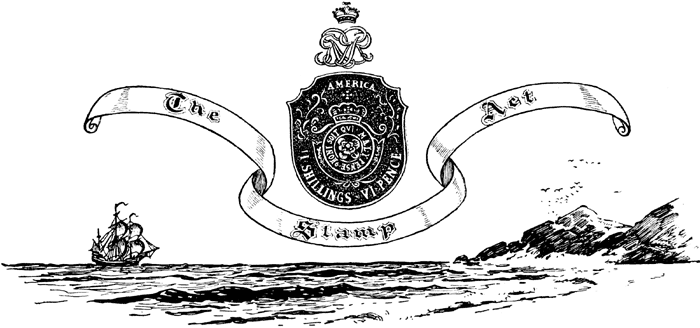 | Law that made the Americans pay taxes on paper goods |
Proclamation of 1763, 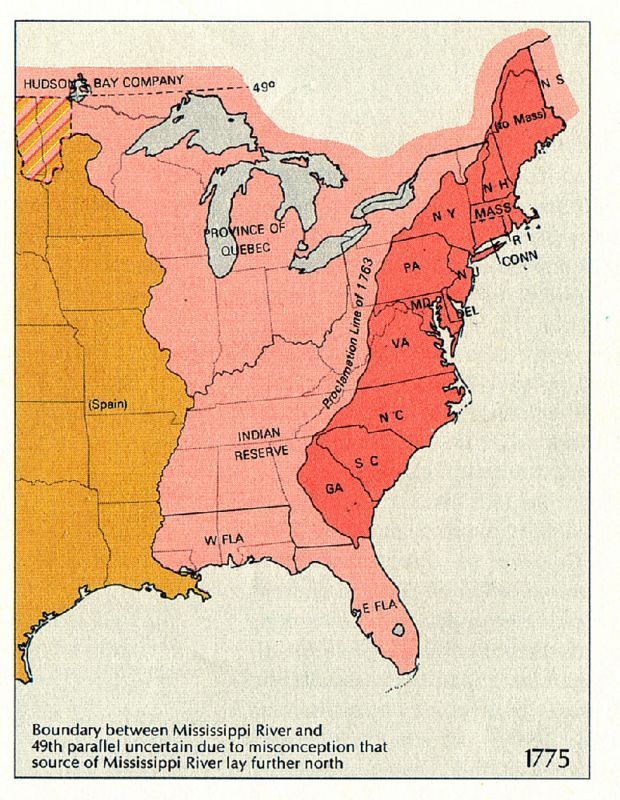 | Law that said the Americans could not move over the Appalachian Mountains into the Ohio River Valley |
Writs of Assistance, 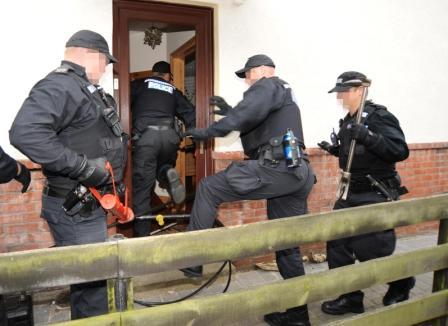 | Law that allowed the British to search without warrants |
Boston Massacre,  | American Colonists who were protesting were killed by the British |
Boston Tea Party,  | Americans protesting the Tea Act threw the tea into the Boston Harbor upsetting the British |
Intolerable Acts,  | Laws passed by the British to punish the Americans |
Committees of Correspondence, 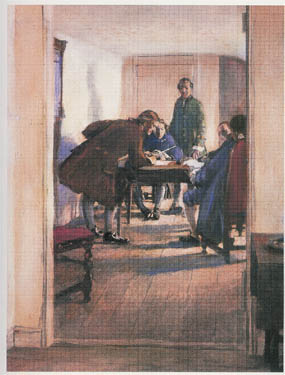 | Groups of Americans that wrote letters to spread the news of the British wrongs. |
Sons of Liberty,  | Americans who worked together to protest (like the Boston Tea Party) the British actions |
| broken promises, taxation without representation, and violating rights | The three reasons the Americans wanted Independence |
Declaration of Independence, 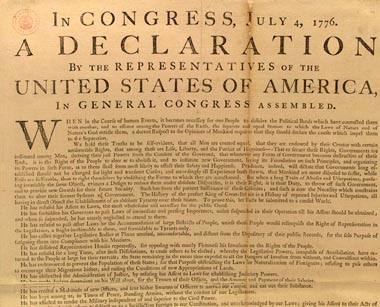 | Document that stated what natural rights were and became the basis of our government. It also caused Northern states to outlaw slavery |
First Continental Congress,  | Meeting of the Colonies to organize a reaction to the Intolerable Acts |
Lexington and Concord, 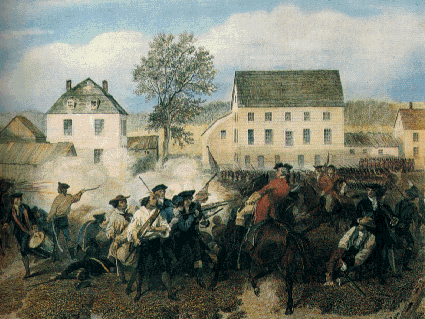 | First battles of the Revolution |
Saratoga,  | Turning point battle of the Revolution |
Yorktown, 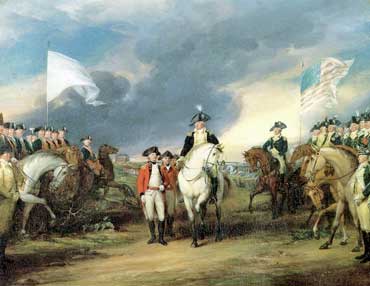 | The final battle of the Revolution |
George Washington, 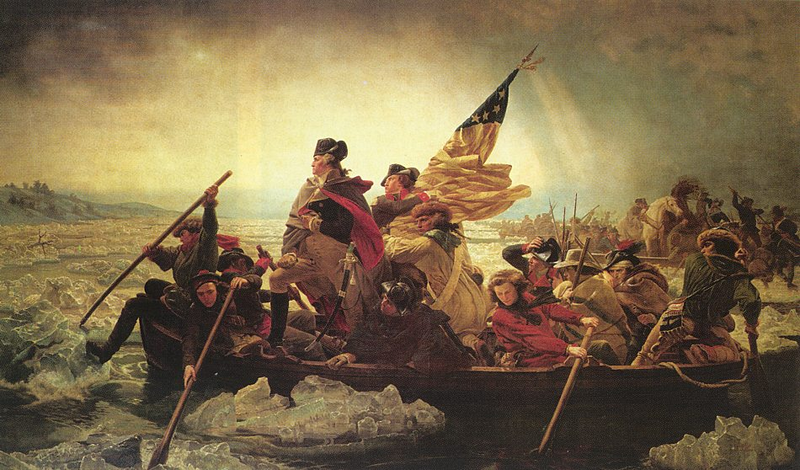 | American general during the Revolution and first president of the United States |
seige,  | To surround and trap like at Yorktown and Vicksburg |
blockade,  | To close a port with ships and not let anything out |
Thomas Jefferson,  | The main writer of the Declaration of Independence and the 3rd President of the United States |
| Patriots | People who supported (or were for) the Americans during the Revolution |
| Loyalists | People who supported the British during the Revolution |